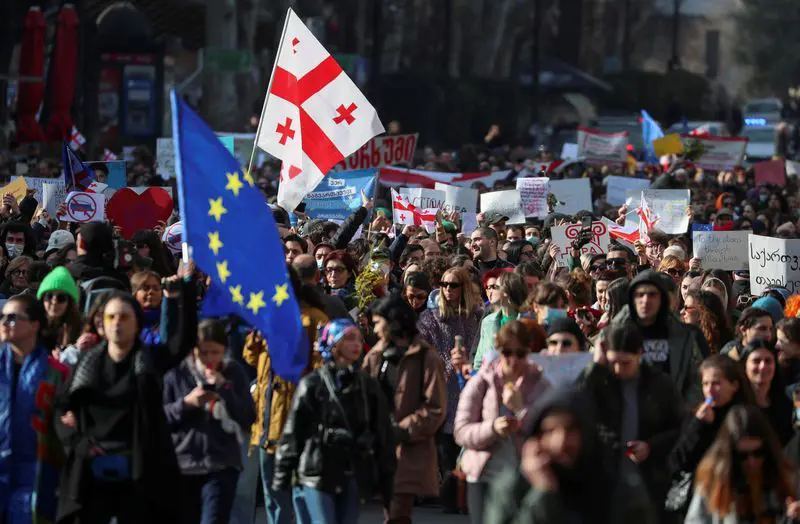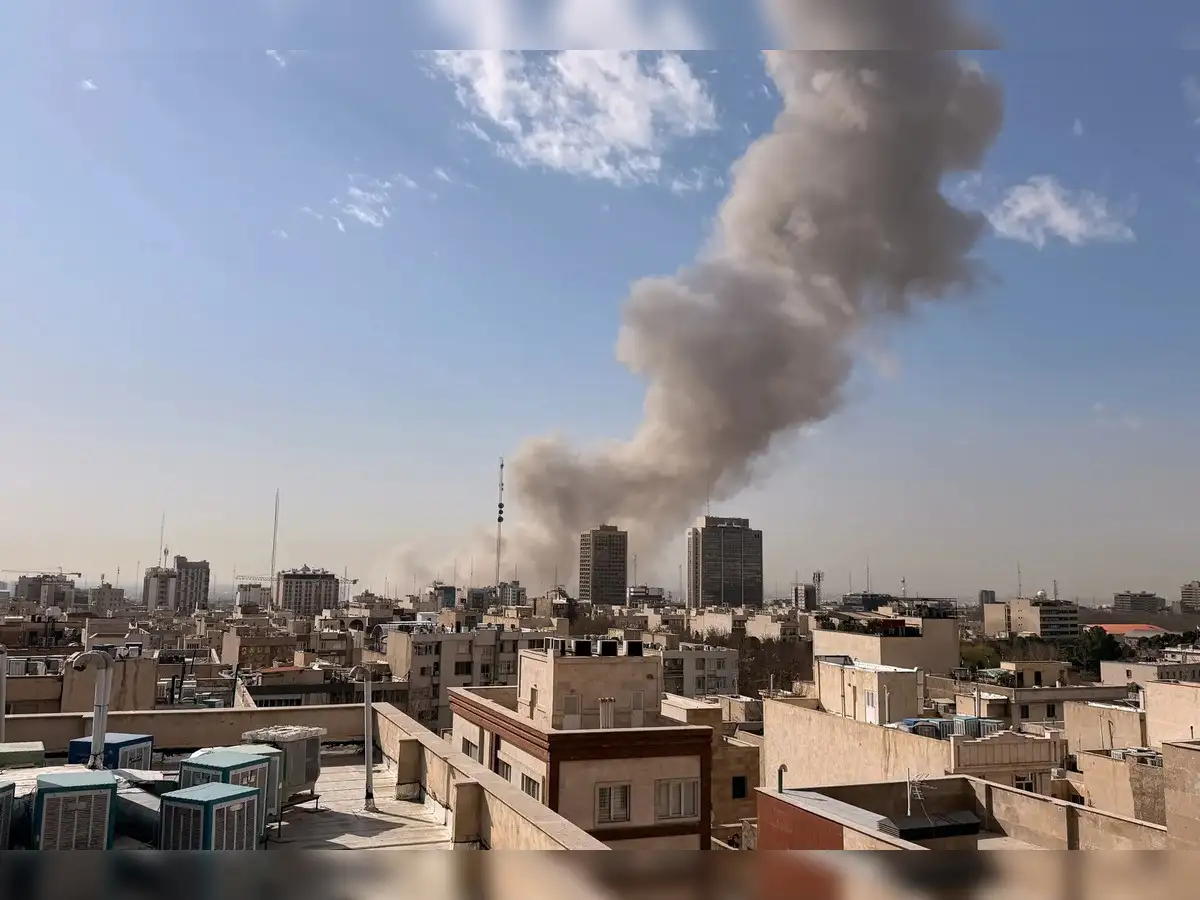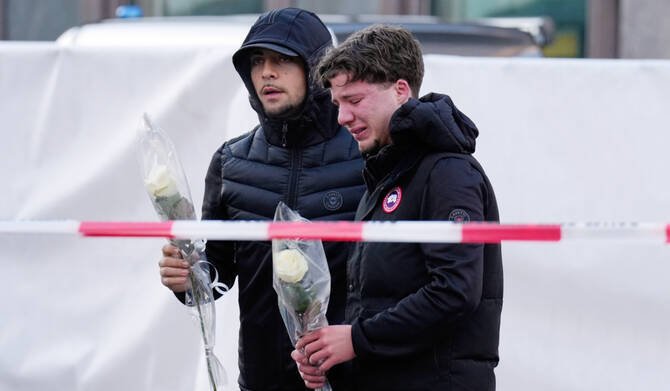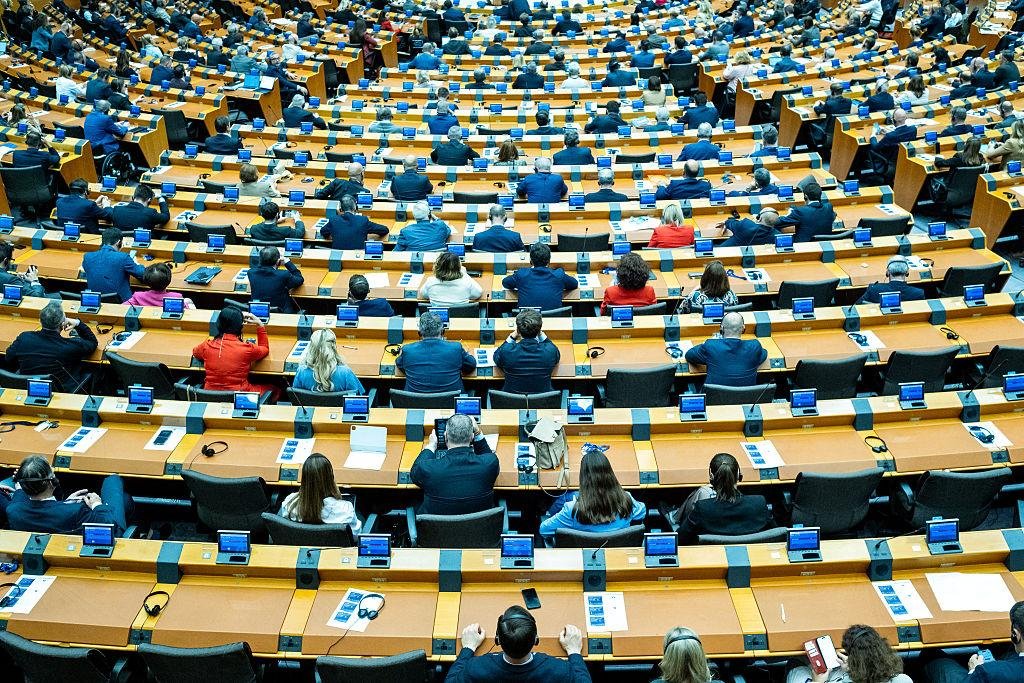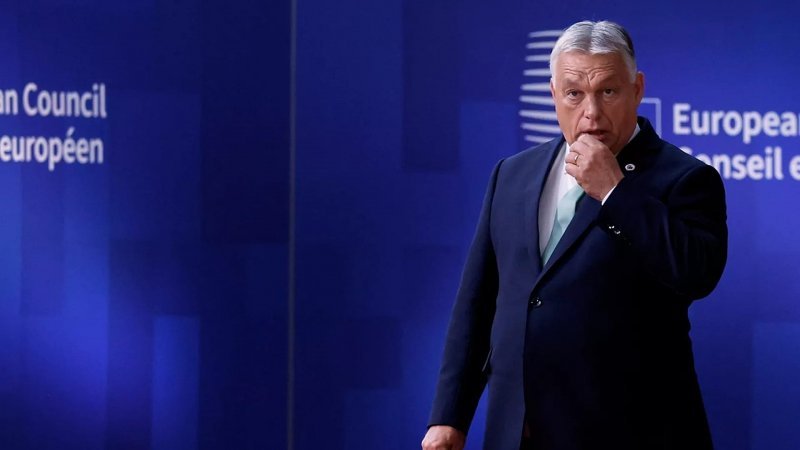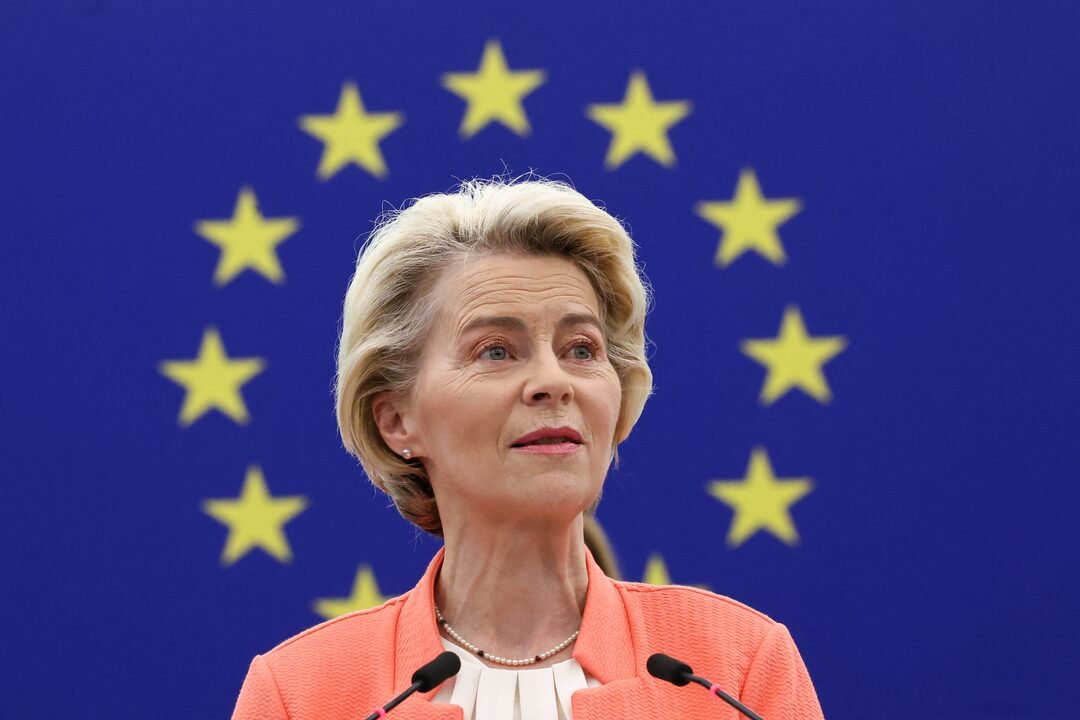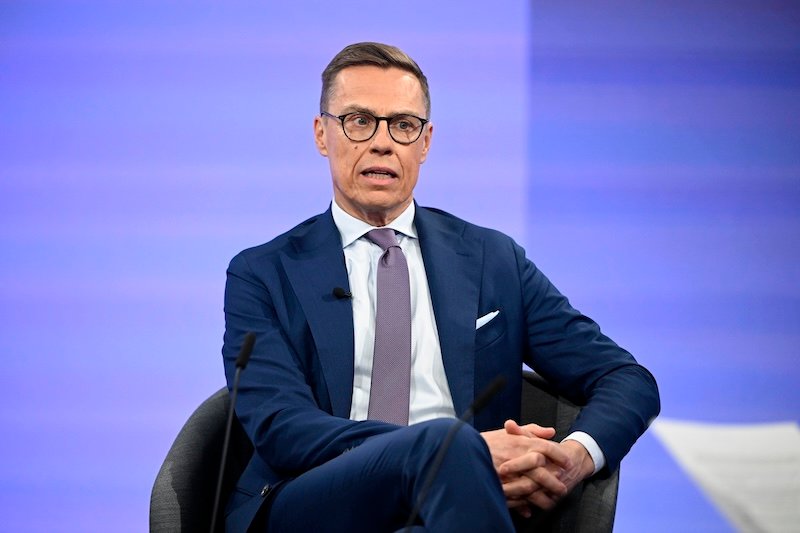Tbilisi, November 29, 2024 – The Europe Today: Riot police in Georgia used tear gas and water cannons against demonstrators in the capital, Tbilisi, and other cities on Friday night, as thousands rallied against the government’s decision to delay pursuing European Union membership.
The protests erupted after Prime Minister Irakli Kobakhidze announced a postponement of Georgia’s EU accession efforts until the end of 2028. His decision followed a contentious post-election crisis in which President Salome Zurabishvili challenged the legitimacy of the newly elected parliament and government.
Waving EU and Georgian flags, demonstrators gathered outside the parliament building in Tbilisi, blocking the city’s main thoroughfare in the latest show of discontent. Tensions escalated shortly after midnight, when riot police moved in to disperse the crowds.
Violent Clashes
Protesters erected barricades and set them alight as clashes intensified. Local media reported the arrest of several protesters and journalists, with injuries on both sides. The Interior Ministry confirmed injuries to three officers, two of whom required hospitalization.
“To de-escalate the situation, the police have employed measures permitted by law, including the use of special means,” the ministry said in a statement.
President Zurabishvili, a pro-Western leader, condemned the police actions and voiced support for journalists covering the events. “I stand with the Georgian media, who are disproportionately targeted and attacked while doing their job,” she said on social media.
EU Resolution and Political Fallout
The demonstrations came hours after the European Parliament adopted a non-binding resolution rejecting the results of Georgia’s October 26 parliamentary elections, citing “significant irregularities.” The resolution called for fresh elections within a year under international oversight and proposed sanctions against top Georgian officials, including Prime Minister Kobakhidze.
In response, Kobakhidze accused the European Parliament of “blackmail” and defended the government’s decision to delay EU accession. “By 2028, Georgia will be more prepared than any other candidate country to open accession talks with Brussels and become a member state in 2030,” he stated, pledging continued domestic reforms.
Emergency Diplomacy
President Zurabishvili convened an emergency meeting with foreign diplomats, later denouncing the government’s actions in a news conference alongside opposition leaders.
“Today marks the conclusion of the constitutional coup that has been unfolding for several weeks,” Zurabishvili declared, describing the current government as “non-existent and illegitimate” and calling herself the nation’s “sole legitimate representative.”
The protests underscore a deepening political crisis in Georgia, with critics accusing the government of undermining democratic principles and straying from the country’s pro-European aspirations. The situation remains tense as international actors closely monitor developments.
